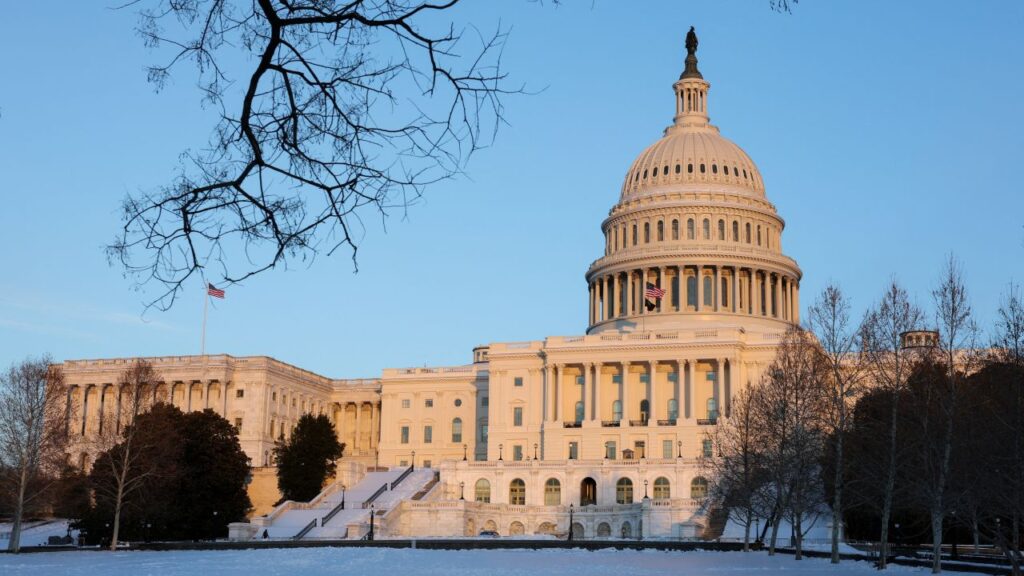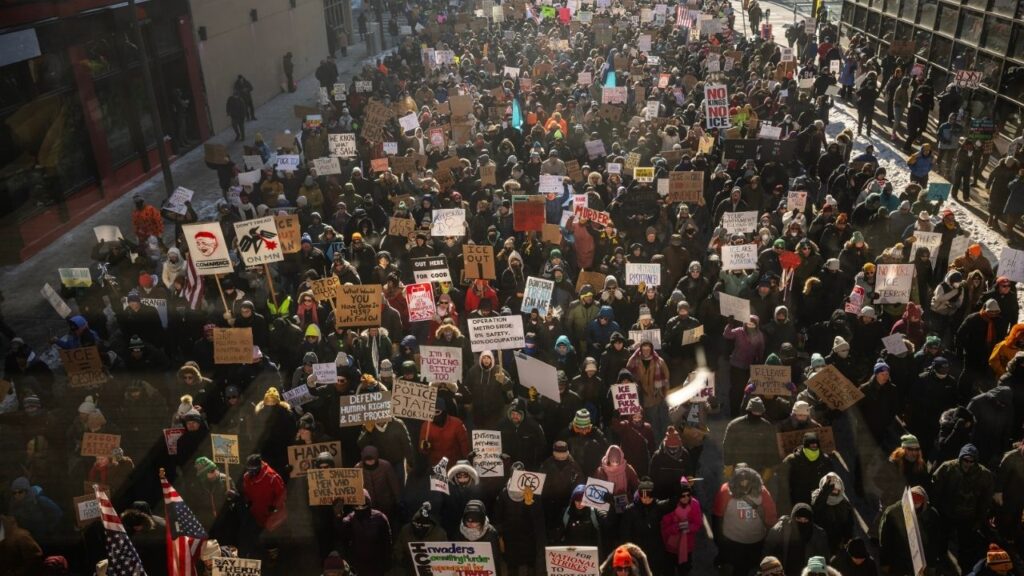Share
In the midst of the COVID-19 pandemic, the White House is reportedly working behind the scenes to reduce wages for farmworkers. According to a recent National Public Radio report, the Trump administration claims that cutting wages for farmworkers will help agricultural businesses struggling during the current crisis.
This is exactly the wrong approach. Now is the time to expand protections for vulnerable farmworkers, not dial them back.

Opinion
Assemblymember Robert Rivas
Special to CalMatters
The COVID-19 pandemic has placed stress on our entire food supply system. Before last month, few of us would have thought of our local grocery store cashiers as frontline workers, essential to our survival. But they are. So are the gig workers delivering Instacart orders and the truck drivers keeping food moving on our empty highways.
At the far end of this supply chain, often unseen but no less important, are the farmworkers. They are our food system’s first responders. When there’s a shortage, our farmworkers step up their labor to meet the demand. I know this first-hand. My grandfather was a farmworker, and I saw how hard he and his friends worked every day.
Gov. Gavin Newsom has rightly designated farmworkers as essential workers during this crisis. California supplies more than one-third of the nation’s vegetables and nearly two-thirds of its fruit and nuts. The entire nation is counting on our farmworkers to help keep them fed, as supply chain disruptions and panic-buying leave some grocery store shelves empty.
Many Farmworkers Live in Substandard, Crowded Housing
We need our farmworkers to show up for work even as most of us shelter in place at home. Unfortunately, living and working conditions for farmworkers leave them highly vulnerable to communicable diseases like COVID-19.
Many farmworkers live in substandard, crowded housing. Such housing conditions make it nearly impossible to practice social distancing or isolate someone if they get sick. Farmworkers often commute to the fields in vans or converted school buses packed with other workers.
Harvesting crops also can bring workers into frequent contact with others as they harvest the same row or handle machinery. Hand-washing stations are scarce, as is bilingual guidance on personal protection measures.
Even if workers take every precaution to protect themselves, they are still uniquely vulnerable. Roughly half of all farmworkers are undocumented and don’t qualify for most medical services under Medi-Cal. Chronic health issues are common, since access to health care is limited and the work itself can be hard on the body.
While California has a paid sick leave law that covers farmworkers, the allotted number of sick days required is three. Public health experts say it can take at least two weeks to recover from COVID-19. Many farmworkers, unable to cover lost wages and fearful of losing work, will keep working through an illness.
Our Food Supply Depends on It
Together with Assemblymember Eduardo Garcia, D-Coachella, I recently introduced the first COVID-19 relief package in the nation focused on farmworkers. The “California Farmworker COVID-19 Relief Package” includes expanded paid sick leave, supplemental hazard pay to cover increased health and childcare costs, a bilingual outreach campaign to educate workers on personal protection practices, expanded telehealth for rural areas, temporary housing to reduce crowding and allow for social distancing, and a tax credit for farmers who offer overtime work to their workers. This package of legislation needs urgent consideration.
One of the touchstones of my legislative philosophy is that adage from the Bible, “Inasmuch as ye have done it unto one of the least of these my brethren, ye have done it unto me.”
The Trump effort to single out vulnerable farmworkers for less pay during the current health crisis is a call to action. I hope my colleagues in the California Legislature will join me in answering that call and protect this critical workforce. Our food supply depends on it.
About the Author
Assemblymember Robert Rivas is a Democrat from Hollister, who represents an estimated 100,000 farmworkers in the 30th Assembly District, Assemblymember.RRivas@assembly.ca.gov. Rivas wrote this commentary for CalMatters, a public interest journalism venture committed to explaining how California’s Capitol works and why it matters.



















